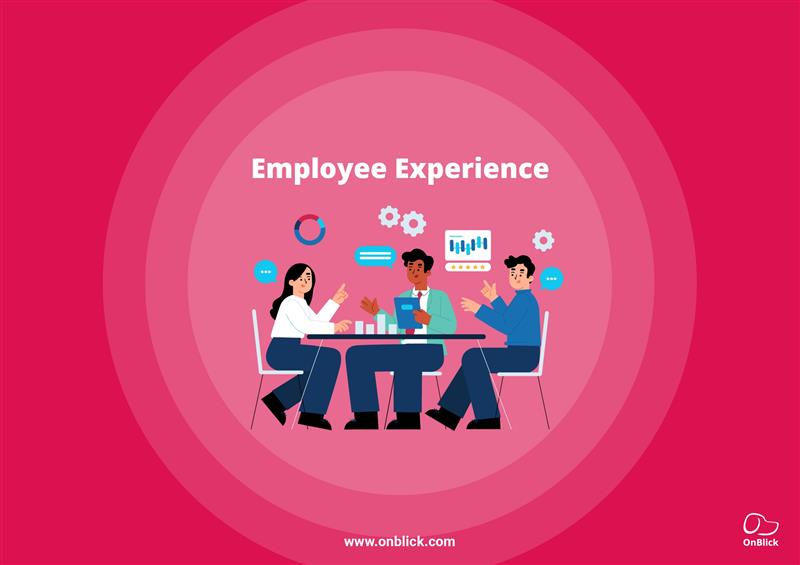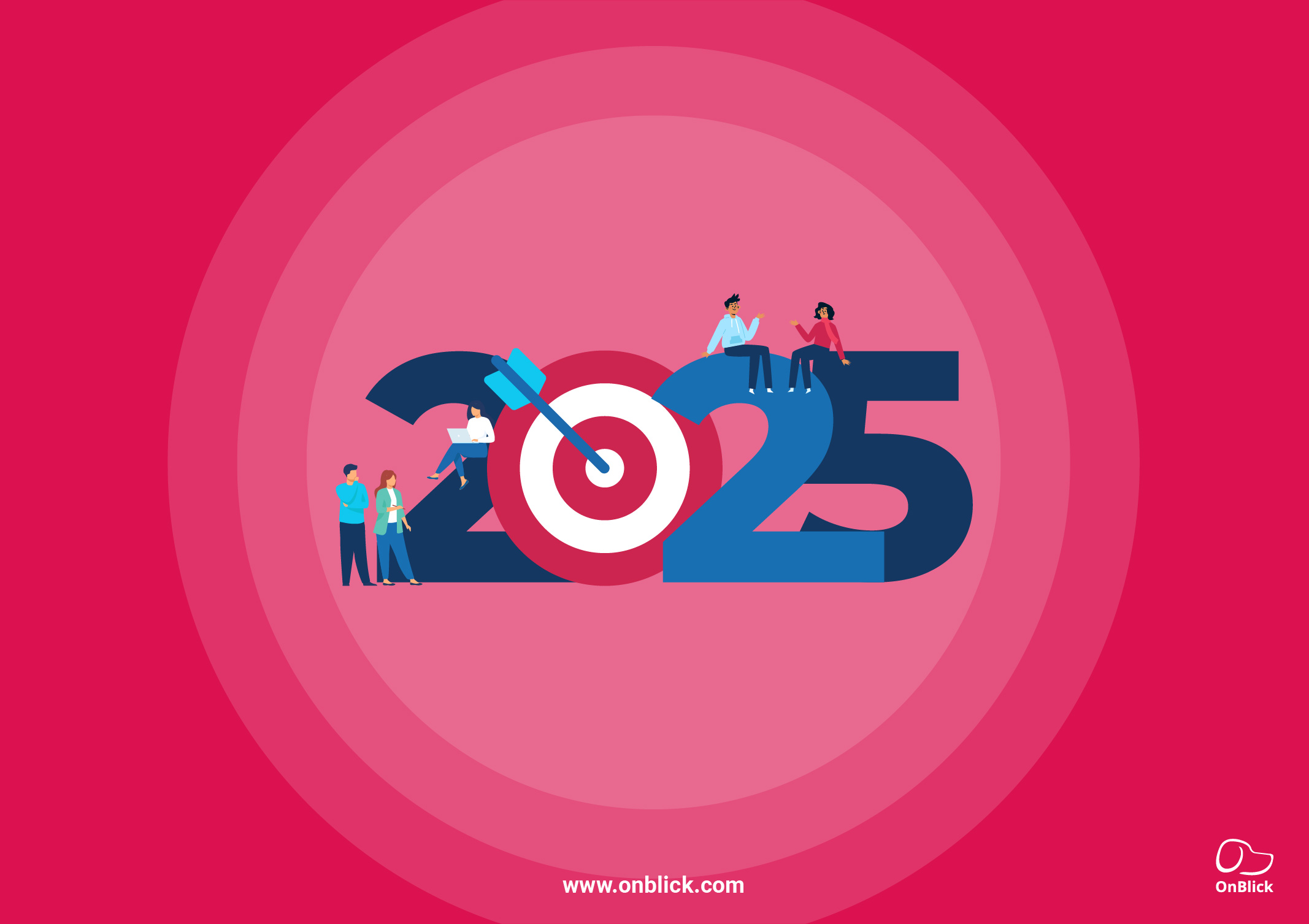Business owners are increasingly looking for ways to improve the emotional intelligence of their employees. Scientific research has demonstrated a positive correlation between high emotional intelligence and productivity.
This article will help managers and employers understand why EI is important in the workspace.
What is Emotional Intelligence all about?
Emotional intelligence is the ability to manage and resolve conflict. It can help you navigate through tough situations and develop effective communication skills. People with high levels of emotional intelligence are capable of handling and understanding emotions. They can also use the information they have to make better decisions and adjust their behavior.
Every workspace needs great teamwork. And, healthy relationships among teammates is a prerequisite for efficient teamwork. Let’s suppose an employee responds emotionally to their manager who tries to have a conversation about achieving better targets. This imbalance in the temperament of the individual can be rooted in his personal life or the manager’s approach. Don’t you see a problem there? Instances like this are an alarm to the company to check the EI of its workforce.
Attributes of Emotionally Intelligent People
1. They are aware of themselves.
Emotionally intelligent people are highly aware of their emotions. Being able to identify and stay aware of their emotions, they respond accurately to certain situations. They avoid letting their emotions get out of control. They know their weaknesses and strengths and work on them to improve. The more one reclaims their power, the more they can trust themselves and others. This allows them to be freer in their relationships and workspaces. A free mind is a space for creativity and energy as well as a vital trait for a successful employee.
2. They know to manage themselves.
Managing one's internal state helps them avoid making careless and angry decisions. Emotionally Intelligent people have great control in managing their emotions. Inducing this trait allows one to slow down and look at the information to process it. The awareness that actions have upsides and downsides helps one make better decisions. Self-regulation helps people manage their emotions. This process can determine the best way to achieve the goals.
3. They are Empathetic.
People with good EI are keen on noticing the feelings of others. This makes them good at managing relationships and interacting with others. They identify what is happening around them and they easily get connected to the people around them. Anyone can develop this trait by active listening. It is the ability to listen, observe and understand the people around you. By focusing on what is being said, you can create connections with others. Healthy bonds accelerate the pace of work.
4. They are self-motivated.
High EQ lets people stay motivated, and help them achieve great success in whatever they do. Motivated individuals make themselves work harder to reach their goals. If you can motivate your people, they’d strive hard, exhibit efficiency, and produce better output. This, in turn, aids your company to improve its offerings and services.
5. They are Social.
Emotionally intelligent people have good social skills and connect with people effortlessly. Establishing trust with others helps them at times of conflict. Instead of focusing on their success, these individuals help others develop and excel. They can manage disputes and build strong relationships. To build trust and bonds in the team, managers have to be fair and attentive. Make sure you’re honest and admit it when you make a mistake.
Tips for Employers
Every organization needs people with high EQ since emotionally intelligent people exhibit greater levels of productivity. Now the question is, can your company have such a team? Why not! If you’re willing to take care of the following points, it will create a domino effect in your organization.
• Start with constructive communications
Start the day with appreciation and see how that influences your team. Communicating clearly and using appropriate social skills will work wonders. Try to use positive words while giving suggestions but make sure you get things done in the right way you wanted. When the manager does it, the subordinates gradually pick it and transfer it to their team. A positive and caring culture will make miraculous changes in your company.
• Rational Reactions only
Retraction is a basic characteristic we see in individuals everywhere. You can react the way you wanted, but imagine you are reacting in a different way than expected and that changes the perspective of the whole situation. Isn’t that innovative? When instances of conflict pop up, try to think about the situation and then react. The way you manage your anger will be a great eye-opener to your company. If you find an employee who loses temper for simple reasons, you may try giving the whole team time for small activities that help explore emotion management.
• Stay Connected
The success of a company vests in managers who know the pulse of their employees. Being open to everyone, constantly connecting to them, noticing their emotions, reading them from their expressions can help you make better decisions and utilize the best for the most promising ventures.
Wrapping Up
Emotionally intelligent teams contribute to organizational efficiency. By creating a positive sphere with a strong support system, you become the catalyst that sparks innovative ideas and ultimately, reaps profit. We hope this article helps you spread positivity and nurture an emotionally intelligent workforce.

.gif)

.png)
.png)











